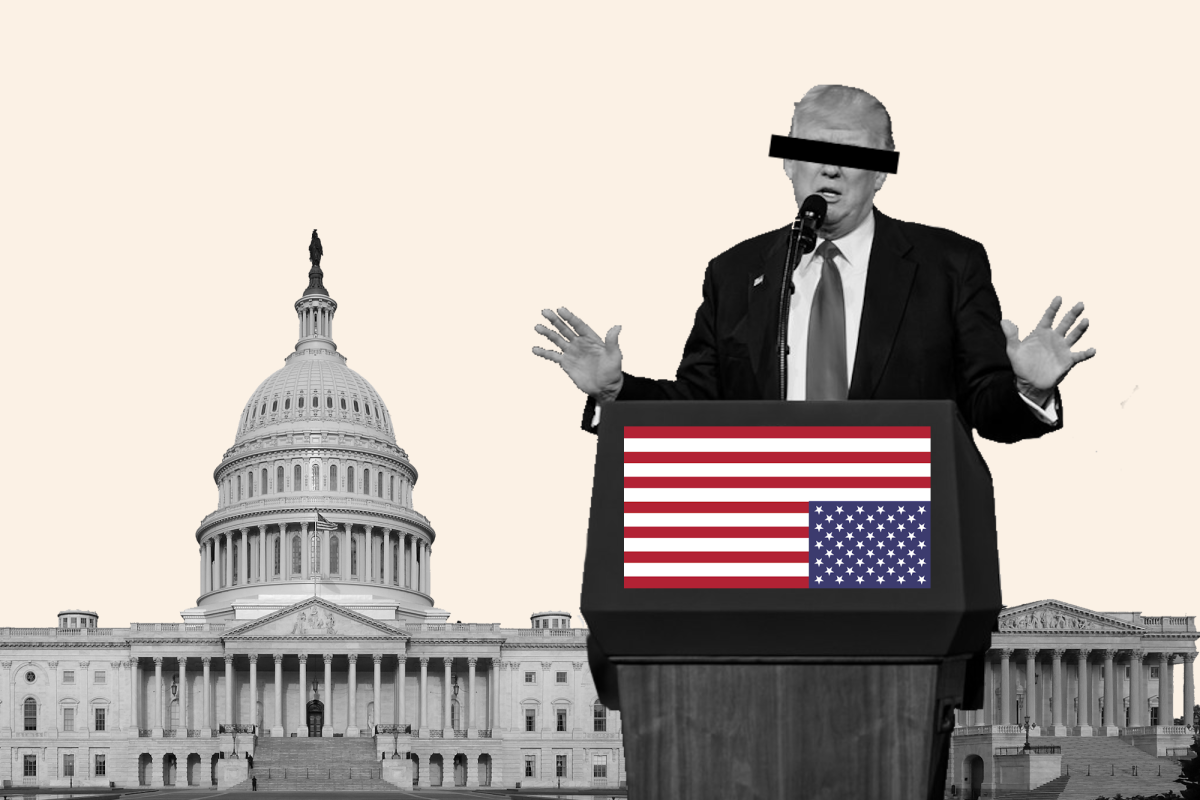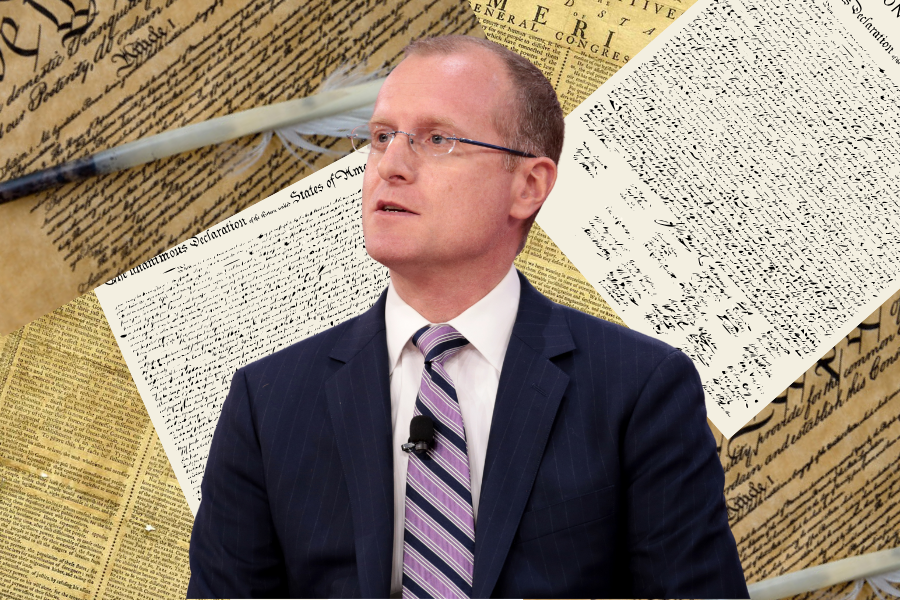Charlie Kirk’s assassination’s place in the news cycle took center stage for much longer than some believe it should have. Political violence is a very real issue in America, fueled in part by the prevalence of hate speech and the availability of weapons, two things that the New York Times cites as things Kirk protected.
To many, in the wake of Kirk’s death, this presented a form of irony that could not go ignored. This irony has been invoked to claim that Kirk had incited his own assassination. To others, this does not matter in the grand scheme of things, claiming that the tragic loss of human life should always be mourned, no matter the beliefs of the victim.
This debate, along with the graphic footage that circulated on social media platforms such as X directly after the shooting, caused Kirk’s death to spark large-scale political engagement to a degree that is unusual, even for events of this caliber.
NPR cites the graphic footage that a large number of people were exposed to as a possible spark that lit the reactionary forest fire of the internet’s response.
“Seeing content like the videos of the Kirk shooting, or another video that circulated widely this month showing the fatal stabbing of a Ukrainian refugee in Charlotte, N.C., does have consequences for viewers. Those include heightened emotions, feelings of fear and vulnerability, and calls for revenge,” said Nicole Hemmer, a political historian at Vanderbilt University.
The responses indicated in this article could be seen in the Instagram stories of people who weren’t commonly posting about politics immediately after the shooting. Responses varied widely, from some calling for support for Kirk’s family despite his beliefs, to others refusing to grieve for someone they claimed did not support their right to exist. The latter group typically called out the names of other people recently killed by political violence and the lack of media response to those events.
The most striking part of this debate was the sheer number of people who got involved. One could find people who hadn’t posted on their story in years using that platform to share their stance. Why were so many people who typically took apolitical stances suddenly engaging in politics?
One possible reason is the sheer reach this tragedy had. Once the graphic video circulated and extremists from both sides of the aisle began to share their opinion on the matter, apolitical people were likely emotionally affected. As stated before, graphic videos like the footage of Kirk’s assassination spark intense emotions.
This fact, paired with extremist commentary that many apolitical people found offensive, likely caused a perceived need to arise among apolitical people to share their own less extreme views on the matter. Thus, outpourings of sympathy were fueled by both extreme takes by the far left and the far right.
These likely well-intentioned calls for sympathy instead of increased infighting were then viewed by those with political views who are usually quite private about the matter. These people were then encouraged to post their views, which varied widely. Some expressed the idea that Kirk was one of many politically motivated deaths and that others, perhaps those that didn’t have any association with politics, who could have incensed their murders, deserve just as much recognition and grief by the general public as Kirk. Others claimed that some were unjustly celebrating Kirk’s death.
It is true that the news coverage and the general impact of Kirk’s death was astounding, even leading to the suspension of Jimmy Kimmel’s show, “Jimmy Kimmel Live!” This impact is not typically seen for victims of gun violence, even if they are high-profile.
For example, the assassination of democratic congresswoman Melissa Hortman was not given the same amount of national attention. For example, flags were not lowered in response to this, while they were for Kirk. The assassination, which occurred in June of this year, did not garner nearly as much attention on social media, likely a reason for the lack of discussion and coverage nationally.
Regardless of your political position, it is clear that Kirk’s assassination was a rare event that had almost everyone discussing politics. It is not every day that apolitical community members and people who like to stay private about politics weigh in on the national situation. For this reason, the impacts of Kirk’s death will likely continue to make national news and impact public personalities on both sides of the aisle for some time to come.














